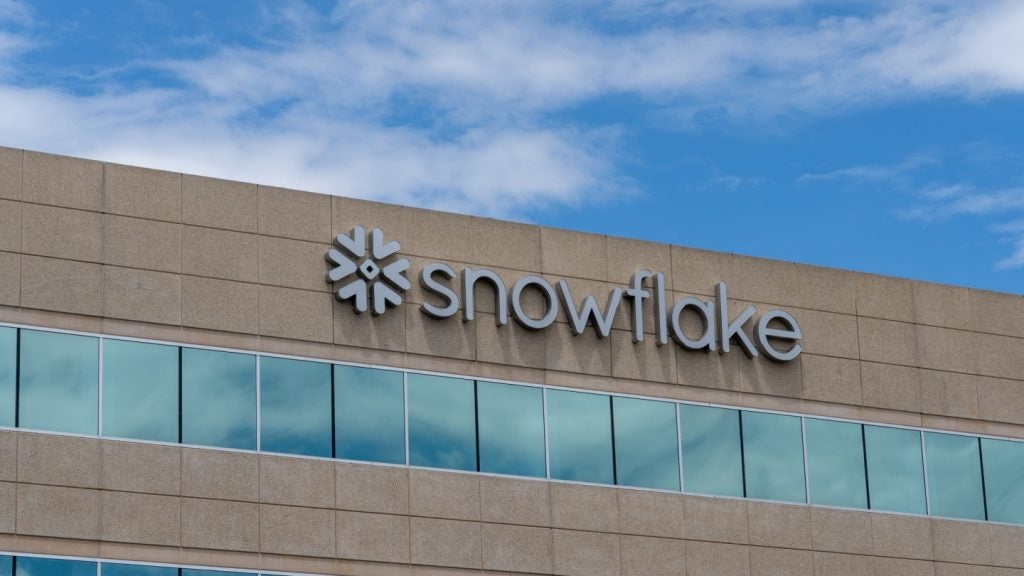
Today is supposedly Blue Monday. It’s allegedly the most depressing day of the year. It usually falls on the third Monday of January, but can occur on the second or fourth.
Unfortunately, for all the brands who are building Blue Monday into their messaging today, it’s also widely considered to be total nonsense.
Blue Monday was first coined in a 2005 press release by Sky Travel, a travel-focused off-shoot of broadcaster Sky. The company created a formula factoring in weather conditions, debt level, time since Christmas, monthly salary, and various other conditions.
All this led to a complicated equation which spat out a mid-January Monday as the most depressing day of the year.
The whole thing was signed off by former part-time Cardiff University tutor Cliff Arnall.
Unfortunately, Ben Goldacre, Guardian columnist and author of Bad Science revealed that Arnall has form for signing his name to PR-driven equation-based science.
How well do you really know your competitors?
Access the most comprehensive Company Profiles on the market, powered by GlobalData. Save hours of research. Gain competitive edge.

Thank you!
Your download email will arrive shortly
Not ready to buy yet? Download a free sample
We are confident about the unique quality of our Company Profiles. However, we want you to make the most beneficial decision for your business, so we offer a free sample that you can download by submitting the below form
By GlobalDataGoldacre claims the press release was cooked up by public relations agency Porter Novelli who then sought a scientist of some sort to put their name to it.
As one might expect, Sky Travel suggested the cure for a depressing Blue Monday was to book a holiday.
The formula that calculated the idea was as follows:
[W + (D-d)] x TQ
M x NA
Where W is weather, D is debt, d is salary, T is time since Christmas, Q is time since New Year’s resolutions failed, M is low motivation levels, and NA is the need to take action.
The press release doesn’t provide any units of measurement for any of its variables so it’s totally impossible to figure out how to use it accurately.
The upshot of all this is that Blue Monday is nonsensical pseudo-science. It began for the purposes of selling holidays, no more, no less.
Seasonal affective disorder and winter depression
Blue Monday doesn’t exist.
However, feeling miserable during the winter months is absolutely a real issue for many people. For those who suffer from seasonal affective disorder Blue Monday might feel very real.
Seasonal affective disorder is a type of depression that affects people at specific times of the year. Usually it occurs during the winter months of December, January, and February. As a result, some refer to seasonal affective disorder as winter depression.
Symptoms of the disorder include a constant low mood, feelings of lethargy and despair, a loss of interest in usual activities, craving carbohydrates and putting on weight.
So far, the causes of seasonal affective disorder are unknown.
The main theory about the cause of the illness is that the lack of sunlight causes the hypothalamus in the brain to cease functioning normally. This results in hormone imbalances in the brain which can lead to feelings of depression and tiredness.
Those suffering from the illness should seek medical help if they feel unable to cope.
There are also some simple remedies for less severe cases which include regularly exercising, getting as much natural light as possible, and cognitive behavioural therapies.
There are also light boxes available which simulate natural light for those who struggle to go outdoors.
In the UK (the same country the Blue Monday study originated) the NHS claims one in every 15 people suffer from seasonal affective disorder.
So in spite of the patent falsity of the Blue Monday equation, depression in January can, for some people, be a reason to visit a doctor.

Other marketing days that have entered popular culture
Since 2005, Blue Monday has shed its origins as a marketing exercise for Sky Travel. These days, coverage of the date usually focuses on mental health and positivity.
However, it is impossible to totally divorce Blue Monday from its original context.
In addition, even with the knowledge of Blue Monday’s PR beginnings, it’s proved hard to scrub from the public consciousness. Few other marketing events have made a similar impact, but there are a few which definitely have.
Father’s Day
While Mother’s Day has a context in Biblical and pagan festivals, Father’s Day isn’t quite the same. Sonora Smart Dodd created the date in 1910 in her hometown of Spokane Washington. It began life as a religious ceremony with pastors at churches giving sermons about fatherhood. However, by the 1920s, Father’s Day ceased to exist as Dodd was studying at the Art Institute Of Chicago. After finishing her studies, Dodd started promoting the event once more, this time with the backing of trade groups, including cigar and tie manufacturers, who made gifts for fathers. From there, more and more commercial bodies jumped on the Father’s Day bandwagon, creating the date we know to this day.
Prime Day
A recent addition to the calendar, but a significant one for one retailer. Amazon created Prime Day; a day of offers for its Amazon Prime subscribers; in 2015. Since then, it has held the same promotion every July. In 2016, Amazon claimed they had sold 60 per cent more goods worldwide on Prime Day over the previous year. The concept seems a little to specific to spread much further, but then again, we may have said the same about Blue Monday in 2005.
Black Friday/Cyber Monday
Speaking of commercial holidays, there are none quite so infamous as Black Friday and it’s associated accoutrements. The celebration occurs the day after Thanksgiving in America. However, in recent years, it has spread across the world to countries who don’t even celebrate Black Friday.
The confusing celebration of the holiday matches its confusing origins. There are multiple explanations as to how the date came to be known as ‘Black Friday’, and even more explanations as to how the day after Thanksgiving came to be associated with shopping as well.
Even more spurious is Cyber Monday which began life as a marketing gimmick designed to encourage shoppers to buy online. These days, however, Black Friday itself is mostly conducted online so perhaps Cyber Monday will disappear.
Giving Tuesday
Yet another accompaniment to Black Friday, Giving Tuesday was created by activists and backed by the United Nations in 2012. It is a day to give to charity after the rampant consumerism of Black Friday.
Backed by a large number of organisations, including Google, Microsoft, Skype, Cisco, and UNICEF, it shows so signs of slowing down. At its inception around $10.1m was moved through Blackbaud (the biggest donation processor.) As of 2017, that figure was $60.9m with a further $45m processed through Facebook.
Singles’ Day
While Giving Tuesday may be growing, the biggest commercially-driven day is, without a doubt, Singles’ Day. The Chinese holiday is on the 11 November as the date (11/11) represents lots of 1s which represent single people standing alone. The festivities began at Nanjing University when a group of single men decided to celebrate the fact that they were single.
The festivities spread around the university and eventually out into wider society. Since online retailer Alibaba began promoting the event, it has become a shopping holiday. The idea is that, on this day, single people should treat themselves.





